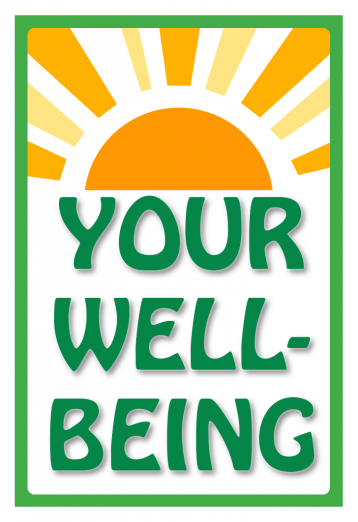In an ideal world, lesbian, gay, bisexual, transgender and nonbinary staff and students would feel safe and welcome at school. How far are we from that world? The most recent national survey by the Gay, Lesbian & Straight Education Network, conducted in 2017, found that more than 80 percent of LGBTQ students were harassed or assaulted at school and approximately 4 in 10 students avoided gender-segregated spaces such as bathrooms and locker rooms in school due to safety concerns.
As a result of feeling isolated and unsafe, LGBTQ students miss school and are at a higher risk of depression and suicide. But educators can make the environment more welcoming for these students and more inclusive for all students and staff.
It’s never too early to start. In elementary grades, avoid grouping students by gender. Instead, use birthdays, favorite ice cream flavors, colors or pets. Think about inclusive phrases you can use, such as “Good morning, everyone,” or “Welcome, scholars.” Develop classroom messages that emphasize that all children can cook or dance, do math, make art, or have long or short hair.
Books can reinforce that message, and there are many choices for all grade levels. Use reading as a springboard for discussions about gender assumptions and helping students see the limitations of gender stereotypes.
Ask students what names and pronouns they prefer. Be prepared to intervene when students engage in gender-related bullying. Be ready for the teachable moment when students say things like, “That’s so gay,” or “You’re acting like a girl.”
You can be an ally to your LGBTQ students by standing up for them. You can do that in a visible way with rainbow posters and stickers that affirm your classroom is a safe space. You can request professional development for anti-bullying education that is LGBTQ inclusive. With upper grades, you can facilitate a gay–straight student alliance. Remember, you can be the person who makes your students feel safe and accepted.
Need more support to do this work? Check out the UFT Member Assistance Program’s Classroom Café podcast on LGBTQ: Creating Inclusive Schools, available on iTunes, Google Play, SoundCloud and Spotify.
For additional resources, visit www.uft.org/your-well-being.

